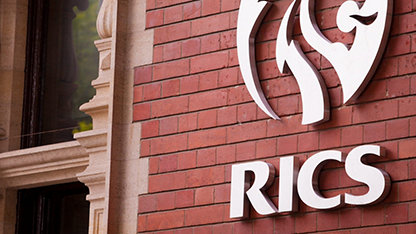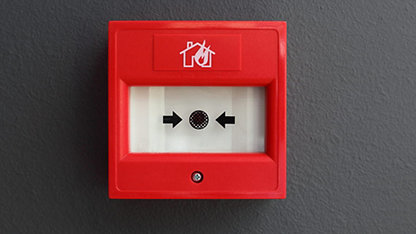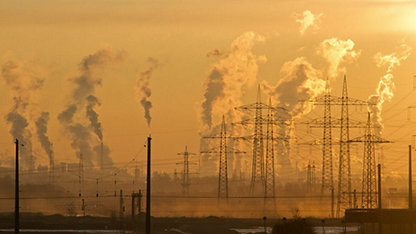On March 25, 2025, the European Commission’s DG GROW hosted the Fifth Annual Plenary Meeting of the High Level Construction Forum (HLCF) in Brussels. The event brought together representatives from Member States, industry leaders, and policymakers to discuss the future of Europe’s construction sector.
Addressing Challenges in the Construction Ecosystem
As the 2nd ecosystem in the EU by employment and 3rd by turnover, the construction sector plays a crucial role in the European economy. However, it faces persistent challenges such as high inflation, ongoing skills shortages, and the need for greater productivity. While resilient to trade disruptions, the sector must balance sustainability with affordability to remain competitive.
The recently published Competitiveness Compass served as a guiding framework for discussions at the Forum, where participants identified key areas for action to strengthen the sector’s competitiveness, including:
- Simplification of legislation, standardization, and harmonization.
- Enhancing the Single Market, particularly in construction services.
- Addressing the skills gap by attracting new talent, including more women, into the sector.
- Leveraging digitalization to improve productivity, such as supporting openBIM adoption.
- Modernizing public procurement to prioritize green, innovative, and social criteria beyond just price.
- Advancing circular economy practices, promoting material reuse and collaboration across the value chain.
- Expanding off-site construction and industrialization for both new builds and renovations.
The Construction Manifesto: A Strategic Vision for the Sector
A key highlight of the event was the presentation of the Construction 2050 Alliance Manifesto, a document outlining a strategic vision for a sustainable, competitive, and resilient European construction sector. The manifesto is a direct appeal to EU institutions, emphasizing the sector’s crucial role in achieving Europe’s industrial, economic, environmental, and social objectives.
Representing the entire construction value chain, the Construction 2050 Alliance, which includes our organisation alongside 51 other organisations, highlighted the sector’s fundamental importance. With construction accounting for 10% of the EU’s GDP and 25 million jobs, the sector is central to tackling key challenges such as decarbonization, resource efficiency, housing affordability, and skills shortages.
The Construction 2050 Alliance has identified five key priorities to ensure the sector remains a driving force in Europe’s economic and environmental transition:
1. Sustainability & Net-Zero
The Alliance advocates for the adoption of sustainable products, technologies, processes, and energy solutions, combined with a holistic renovation approach, innovative financing, and new business models. These measures aim to support the transition to Net Zero Carbon buildings and help achieve the EU’s climate targets.
2. Circularity
The Alliance calls for circular construction to enhance competitiveness through greater resource efficiency, recycling, and material reuse. This approach is intended to reduce the EU’s dependence on imports and strengthen resilience against supply chain disruptions.
3. Competitiveness & Affordability
The Alliance urges the harmonization, simplification, and alignment of regulations and standards to streamline processes across all construction stages and types. This initiative seeks to accelerate project delivery, reduce costs, and alleviate pressure on the housing market.
4. Skills & Quality Jobs
The Alliance emphasizes the importance of social partners actively engaging in social dialogue and promoting quality jobs, vocational training, lifelong learning, and meaningful employment opportunities to address ongoing skills shortages.
5. Digitalization & Innovation
The Alliance encourages all stakeholders to unlock the full potential of digitalization and innovation in construction. Advancements such as off-site manufacturing (e.g., prefabrication), enhanced design processes, and smart construction techniques are seen as key drivers for greater sustainability, competitiveness, and affordability.
Conclusion
The Fifth Annual Meeting of the High-Level Construction Forum reaffirmed the sector’s role in driving Europe’s economic growth, sustainability, and innovation. Participants emphasized that standardisation, harmonisation, single market, collaboration, sustainability, digitalisation and productivity are key priorities for strengthening the construction ecosystem.
Download
Published date: 01 April 2025













